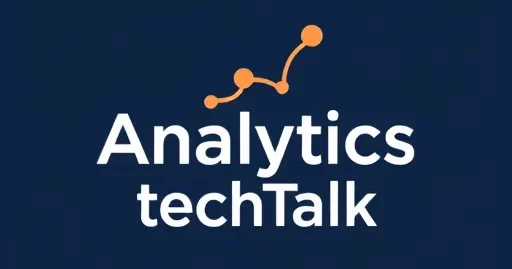AI Is Killing Coding: A Paradigm Shift in Software Development
In the ever-evolving world of technology, artificial intelligence (AI) has been both a disruptive force and an enabler of innovation. Among the many areas being revolutionized by AI, software development stands out as one of the most profoundly impacted. This evolution has sparked debates, with some arguing that AI is killing traditional coding as we know it. But is AI truly making coding obsolete, or is it simply reshaping the role of programmers?
The Rise of AI in Software Development
AI has made significant strides in automating coding tasks, simplifying complex development processes, and reducing the barrier to entry for non-technical users. Tools like GitHub Copilot, ChatGPT, and Tabnine are empowering developers by generating code snippets, identifying bugs, and suggesting improvements in real time. These advancements mean that developers no longer need to write every line of code manually, freeing up time for more strategic and creative problem-solving.
Moreover, platforms like Bubble, Wix, and Webflow enable users to create fully functional websites and applications with little to no coding knowledge. These low-code and no-code platforms are democratizing software creation, allowing entrepreneurs, designers, and business professionals to build digital solutions without the need for a deep understanding of programming languages.
The Changing Role of Developers
While AI may seem to be “killing” coding, a more accurate description would be that it is transforming the role of developers. Instead of focusing on syntax and repetitive tasks, developers are now shifting towards higher-level problem-solving, architecture design, and innovation.
For example:
- Efficiency Boost: Developers can now deliver projects faster by leveraging AI to generate boilerplate code or automate testing processes.
- Focus on Creativity: By automating mundane coding tasks, AI allows developers to concentrate on designing unique features and improving user experience.
- New Skills: Developers are increasingly required to understand AI models, machine learning concepts, and how to integrate AI tools into workflows.
This transformation is reminiscent of earlier technological shifts. Just as compilers made assembly language less relevant, and high-level languages like Python replaced lower-level ones for many tasks, AI is now automating routine coding. However, these changes historically lead to an increase in productivity and innovation rather than a decline in the demand for skilled developers.
The Democratization of Software Development
Perhaps the most revolutionary aspect of AI in coding is its ability to make programming accessible to non-developers. Business owners, marketers, and designers can now leverage no-code platforms and AI-assisted tools to create sophisticated software without the need for a dedicated engineering team. This democratization could reduce reliance on traditional developers for many projects, shifting the dynamics of the software industry.
However, this democratization comes with its challenges. While AI can handle many tasks, complex systems, and mission-critical applications still require the expertise of seasoned developers. Additionally, understanding the underlying logic and architecture remains essential to ensuring that AI-generated code is efficient, secure, and scalable.
Challenges and Ethical Considerations
While the benefits of AI in coding are undeniable, it’s essential to address the challenges:
- Job Displacement: As AI handles more coding tasks, there is a legitimate concern about job displacement for junior developers and those in entry-level roles.
- Quality Assurance: AI-generated code isn’t immune to errors. Human oversight is necessary to ensure code quality, security, and adherence to best practices.
- Ethical Implications: The use of AI in coding raises questions about intellectual property, accountability, and the potential for misuse.
The Future of Coding in the Age of AI
AI is not killing coding; it is reshaping it. The skills required in the software industry are evolving, and developers must adapt to stay relevant. The future will likely see developers working alongside AI tools, focusing on guiding these tools, refining their outputs, and solving high-level challenges.
Coding as a skill may become less about writing syntax and more about problem-solving, critical thinking, and leveraging AI to achieve goals efficiently. In this sense, AI is not eliminating coding but rather elevating it to a new level—one where creativity, strategy, and innovation take center stage.
Conclusion
AI’s impact on coding is undeniable, but it is far from killing the craft. Instead, it is ushering in a new era of software development where humans and machines collaborate to push the boundaries of what’s possible. While the role of developers is changing, their importance remains undiminished. By embracing this shift and developing new skills, programmers can thrive in a world where AI is not a competitor but a powerful ally.

Leave a Reply